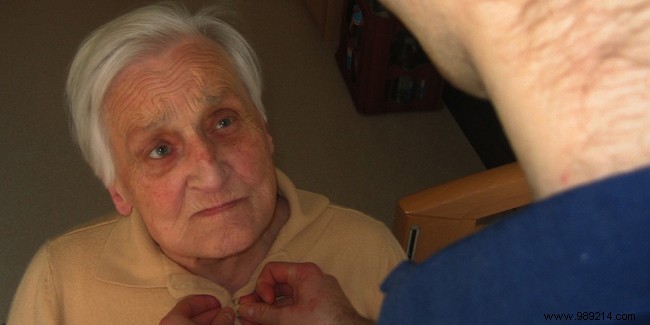
Baluchonnage, also called relaying, is one of the innovative respite support solutions for caregivers of an elderly person, who are nearly 10 million in France today. This practice also allows the dependent person concerned to remain at home. Explanations.
Baluchonnage was created in Quebec in 1999 by Marie Gendron, a nurse and researcher in gerontology. It is a registered trademark "le Baluchon d'Alzheimer®" which implies adherence to an affiliation agreement. This is why, in France, this practice is called "relayage".
Baluchonnage consists of temporarily replacing a caregiver of a dependent elderly person who lives in his home, allowing him to take a little rest or time for personal activities. The bundle is particularly offered to families of elderly people with Alzheimer's disease.
A "baluchonneur" (or baluchonneuse) comes to replace the carer during his respite time at the dependent person's home and for a fixed period. These are professionals (carer, home help, caregiver, etc.) trained in supporting people with loss of autonomy and empowered by associations, specialized structures for the elderly or communities , with whom the family or relatives sign a service contract. The duration of the presence of a backpacker can range from a few hours to ten days, 24 hours a day, day and night.
The baluchonneur performs all the tasks normally performed by the caregiver, from preparing meals to washing, including accompanying the elderly person on their travels or cleaning. This person, on the other hand, does not replace health professionals such as nurses, physiotherapists, etc.
To prepare as well as possible for the replacement of the carer during his absence, the baluchonneur first visits the home of the elderly person in the presence of the carer, in order to find out about his habits and the help he receives in normal times.
The first advantage of backpacking is to allow the caregiver of an elderly person to breathe a little or to indulge in personal activities, by being replaced for a fixed period by a trusted person.
This practice is also beneficial for the elderly person himself who can thus stay at home during the absence of his carer. Baluchonnage does not cause him to undergo changes in his rhythm of life, which can be harmful in some cases to his psychological and physical health. The elderly person can stay in their usual setting. On the other hand, generally, it is the same and only person who comes to take care of them for up to 48 hours in a row during the backpacking, to avoid too many changes for the elderly person.
If backpacking is recognized and regulated in Quebec, this is not yet really the case in France even if experiments have been carried out for ten years.
This practice clashes in particular with the rules of working and rest conditions defined by the French Labor Code which prohibits, among other things, making an employee work more than 13 hours in a row. However, the law "For a State at the service of a society of trust" (known as the ASV law), passed in August 2018, introduced in its article 29 a three-year experiment which makes it possible to derogate from labor law to encourage bundling .
Thus, the duration of work in a dependent elderly person cannot be more than 6 consecutive days. The same person cannot exercise more than 94 days of backpacking per period of 12 consecutive months. The rest period is normally 11 consecutive hours. If it cannot be applied, it gives the right to a compensatory rest to the backpacker. The law also authorizes that no maximum duration of night work and no rules relating to break times hinder bundling.
The bundle, the cost of which varies between 110 and 620 euros for a day, is paid for by the families. On the other hand, the Personalized Autonomy Allowance (Apa) or the Disability Compensation Benefit (PCH) can help finance it in part. But its real funding still remains to be defined in France.